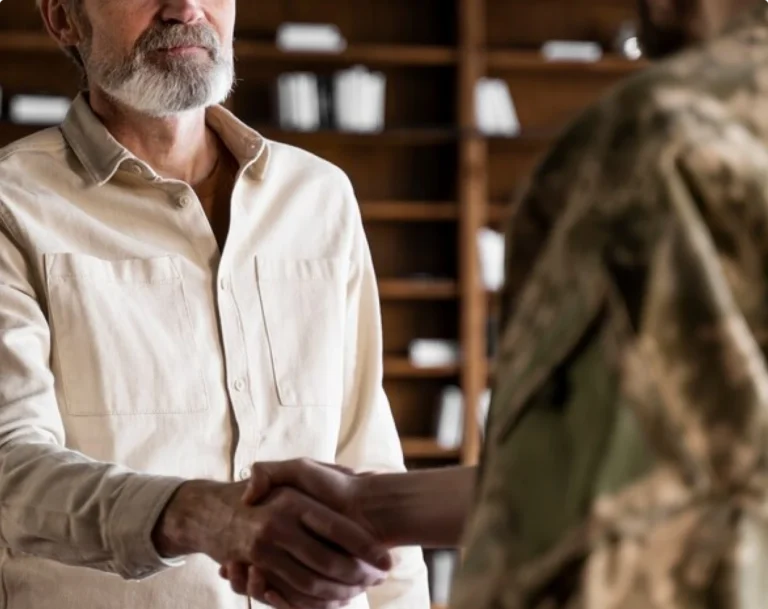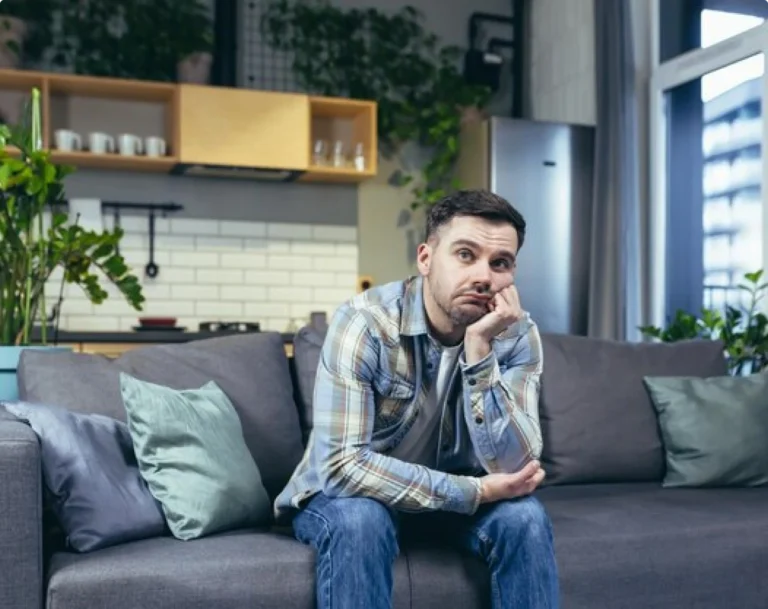Unfortunately, the State’s obligation to provide food to individuals under house arrest is an unclear issue, as there is no explicit regulation aimed at this community. Therefore, this article aims to clarify this issue and highlight, according to the legal system, the state of the Nation’s food obligation to these individuals.
I. Special Regime of Subjection in House Arrest
First, it is essential to understand that the positive norm considers people in house arrest as deprived of their liberty, as established in Article 2.2.1.11.1.1 of Decree 1069 of 2015. This means that to be deprived of liberty does not require being in a prison, as the law includes other modalities. Thus, when a person is deprived of liberty in this modality, they are subject to a special state of subjection, which implies a relationship of disciplinary power. This regime, directed and designed by the State, must respect the rights that are not restricted or suspended during deprivation of liberty. Consequently, it is crucial to recognize that state action is limited by the principle of human dignity, which remains intact in these circumstances. To ensure this principle, it is essential to protect minimum living conditions, such as food.
Likewise, it is indicated that this regime makes people deprived of liberty subjects of special protection, which has great relevance in national jurisprudence by virtue of the declaration of unconstitutionality that occurs in this regime, as stated in Sentences T-153 of 1998, T-388 of 2013, T-762 of 2015, SU-122 of 2022, among others.
In short, people deprived of liberty are subjects of special protection. In this order of ideas, the protection of this community takes on greater relevance, without forgetting that the State has the obligation to maintain or improve the conditions in which the individual began to be a subject deprived of liberty. The State cannot generate that the person who was deprived of liberty returns to their status quo in a noticeably deteriorated physical and mental condition.
II. The State’s Obligation to Provide Food to Persons Deprived of Liberty
Based on the foregoing, an analysis is made of the State’s obligation to provide food to persons deprived of liberty in home detention, taking into account that, despite being in their homes, they remain under a state of special subjection. In this matter, the law is clear in establishing the following obligations for the INPEC and the USPEC:
INPEC: To execute penitentiary and prison policy within the framework of human rights, the principles of the progressive system, and the bloc of constitutionality (Art 2, numeral 2 D. 4151 of 2011).
USPEC: Art. 67 of Law 65/1993 establishes that the USPEC is responsible for feeding persons deprived of liberty.
Now then, the Constitutional Court has reiterated that the supply of basic and adequate food is a state obligation derived from the special subjection of persons deprived of liberty, being crucial to protect their human dignity. This protection also extends to persons in home detention, as argued above. In summary, the legal system effectively recognizes this obligation in favor of this group of individuals. However, unfortunately, as is evident in practice, these individuals do not receive any food from the State, as there is no public policy that develops this obligation for persons in home detention, unlike confinement in penitentiaries and prisons.
III. Application of the Sustainability Principle
Based on the foregoing, it is clear that these individuals are subjects of special protection under the legal system, which is of vital importance, since it cannot be overlooked that some of their rights are suspended or restricted.
Without prejudice to the foregoing, the principle of fiscal sustainability must be taken into account when guaranteeing economic, social and cultural rights, such as food, as established in the national legal system. Despite this, the Constitutional Court has stated that, for persons deprived of liberty and other vulnerable groups, rights must be guaranteed immediately, while public policies are created or the threat situation ends. In other words, in the case of persons deprived of liberty, their rights must be protected while the threat situation ceases, either due to a change in the factual context or the creation of public policy. This is in accordance with the first paragraph of Article 334 of the Political Constitution.
In this sense, the least burdensome solution for the State is to grant protection while public policy is created or the factual situation changes. An example of such a change would be that the specially protected subject processes his or her work permit and begins to receive income that guarantees his or her minimum vital needs.
IV. Conclusion
In summary, individuals under house arrest have the right to request basic food from the State through USPEC and INPEC, although this must comply with the principle of fiscal sustainability and be temporary. The tutela action could be used to obtain this protection, although the Constitutional Court has not issued specific pronouncements on this right for this group. However, the request for food is supported by the current legal and constitutional framework.







